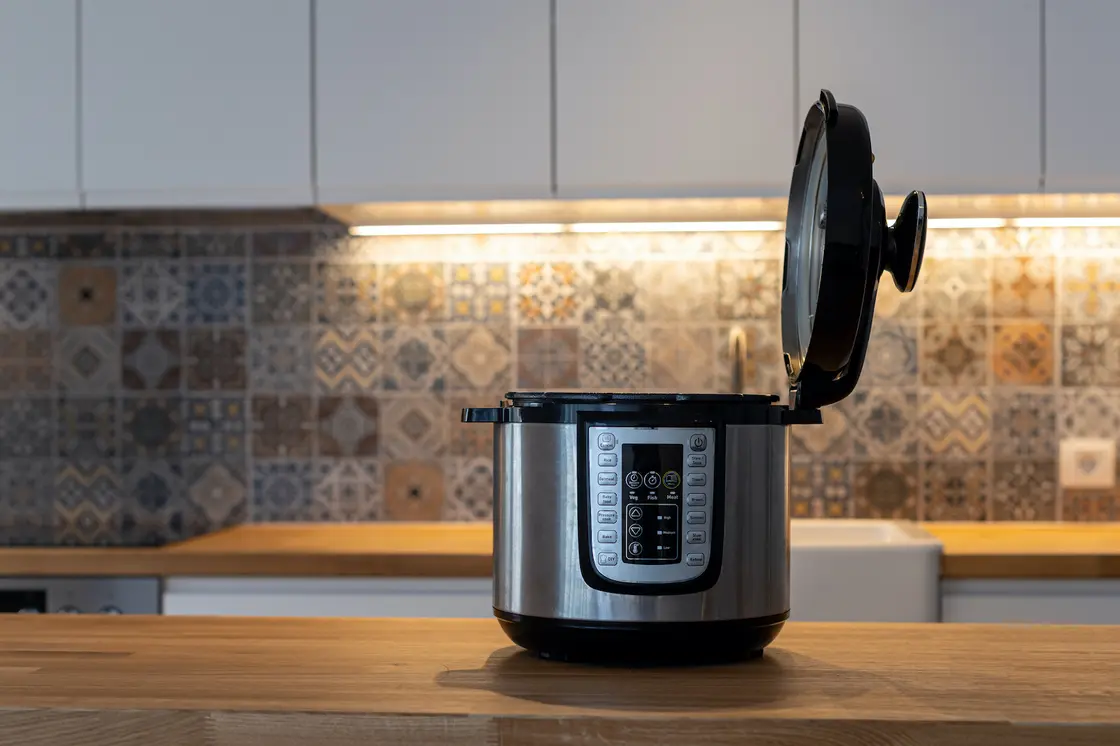T4K3.news
MAGA branding backfires on Instant Pot
A plan to market a MAGA edition of the Instant Pot drew backlash and raised questions about politicizing a kitchen staple.

A MAGA branding plan for the Instant Pot sparked backlash and underscored the risks of mixing politics with a popular kitchen product.
MAGA branding backfires on Instant Pot
Two months ago, a post in the r/instantpot community claimed Instant Brands, now owned by Centre Lane Partners, planned a MAGA branded model to fund a presidential library. The claim, reported by Semafor and later picked up by The New York Times, said the product never reached production because permission from the Trump Organization was not secured. Still, the idea lingered in online discussions and highlighted the broader risk of tying a household appliance to political messaging.
In the marketplace, the episode exposed longer challenges for Instant Pot. Shifting kitchen habits and competition from air fryers have already eroded some of its shine. Bettina Makalintal, writing for Eater in 2018, noted how the device moved from hype to hobby and then to a crowded used market. The Times later linked the MAGA story to a broader pattern: branding that signals politics can alienate loyal users, distract from product utility, and complicate investor sentiment. The piece also drew a parallel to Elon Musk and Tesla, where political positioning has amplified controversy and market reaction, even when the underlying product remains solid.
Key Takeaways
"Instant Pot goes to the dark side"
Reddit post that kicked off the uproar
"What Happened to the MAGA Instant Pot"
The New York Times headline tracking the story
"I won’t ever buy another new Instant Pot after the Trump debacle"
A Reddit user reacting to the controversy
"The MAGA merch was part of a second-term tactic"
Times reporting on lobbying strategy
This episode shows a core risk for brands: politics is a two edged blade. It can draw attention and shape culture, but it can also fracture trust and shrink a loyal customer base. When a product becomes a vehicle for a political stance, its value as a kitchen tool can fade into the background. Companies should consider the hit to credibility and the potential cost to sales before pursuing provocative branding.
Looking ahead, brands may seek a clearer path that emphasizes usefulness and reliability over public signaling. The kitchen marketplace is quick to reward simplicity and quality, and a return to neutral branding could help rebuild affection for a product that once defined a category. The case also serves as a caution for investors and marketers: public signals matter and misaligned messaging can linger longer than a single campaign.
Highlights
- Instant Pot goes to the dark side
- What Happened to the MAGA Instant Pot
- I won’t ever buy another new Instant Pot after the Trump debacle
- The MAGA plan was about signals not sales
Political branding backlash risk
The MAGA Instant Pot episode shows how political messaging in consumer products can trigger backlash, risking brand trust and sales. The lack of permission and exploration of political partnerships highlight governance and reputational risks for companies amid public scrutiny.
Great brands survive when products speak for themselves, not the politics around them.
Enjoyed this? Let your friends know!
Related News

Influur secures $10 million funding for influencer platform

Three rules for a clean induction cooktop

Sydney Sweeney faces backlash over American Eagle campaign

New South Park episode boldly critiques Trump

Trump family eyes future political roles

Recent product recalls issued by major supermarkets

Maddy Alexander-Grout shares her journey from £40,000 debt to near financial freedom

Nordstrom Anniversary Sale features discounts on Ray-Ban sunglasses
